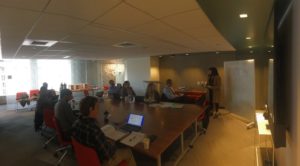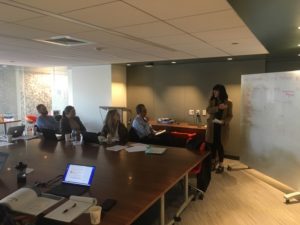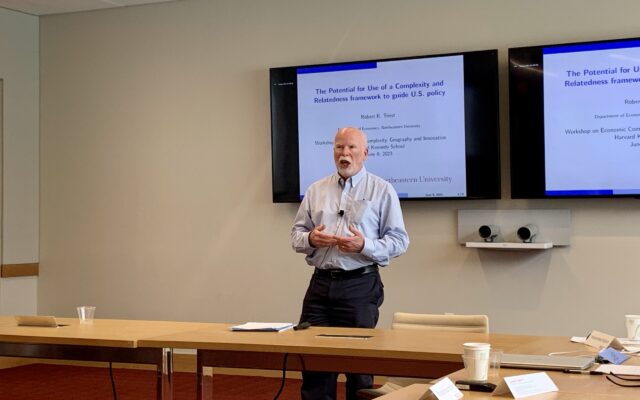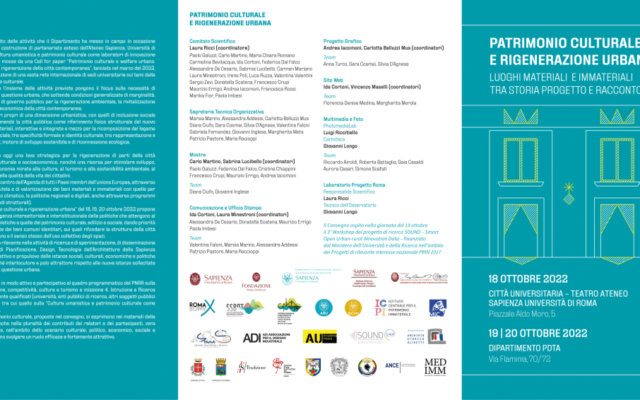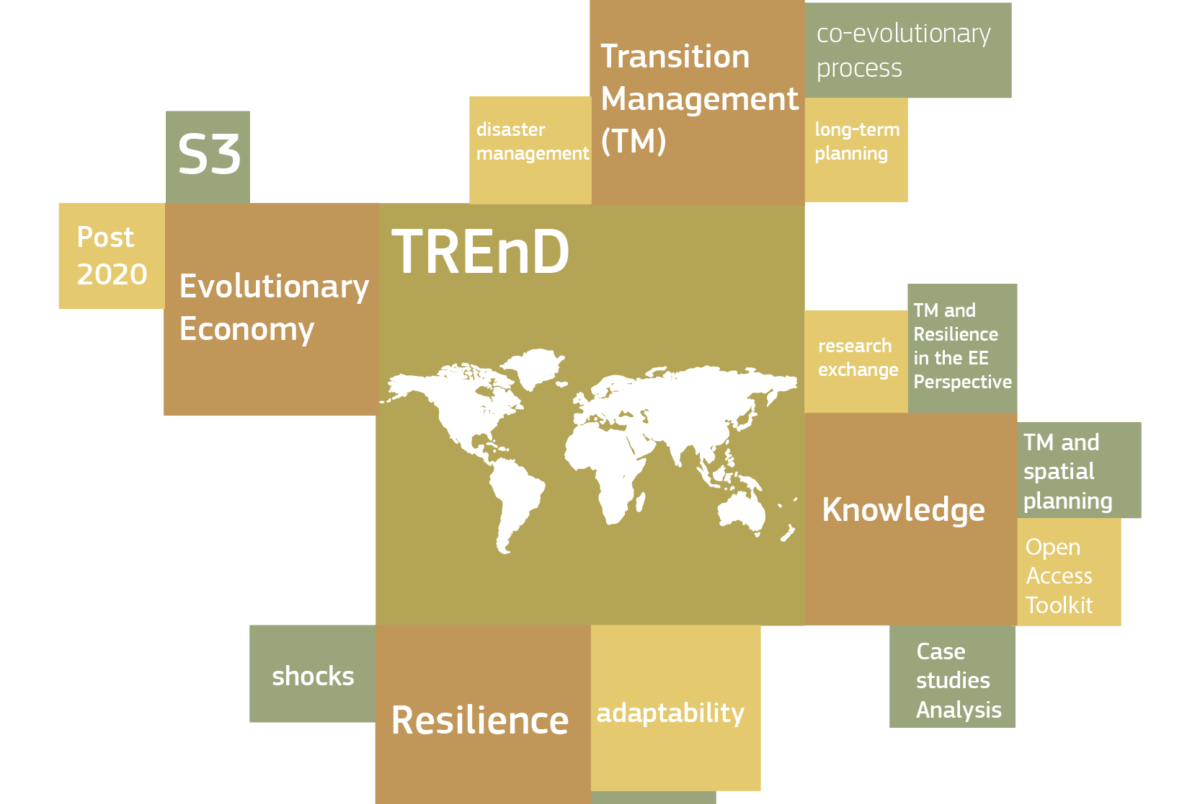
October, 2019 – Boston (MA)
The TREnd First Assessment Meeting took place in Boston the 8th and 9th of October as scheduled after the Kick-Off meeting of the Project in Reggio Calabria. According with the Agenda the meeting was articulated in a two days session. The first day session centered on the research activities to carry on during the 1st WP in Boston and the second day session centered on the projects’ activities operative implementation and management aspects.
The first day session focused on the need to define an operative framework in order to facilitate the research activities to conduct in Boston by all the partners during the 1st WP of the TREnD Project.
The session was welcomed by Professor Robert Triest, Chair of the Northeastern Department of Economics. Based on his previous experience at the Federal Reserve of Boston on the topic of regional inequalities, his introduction focused on the historical “resilience” ability of Boston – and of Massachussets in general – to adapt to several shocks across time. In particular, the city of Boston, has shown in the last decades a high level degree of adaptability during the different socio-economic transition phases caused by national or local shocks. Each transition phase was characterized by the re-organization and re-design of development strategies. One of the clearest example reported concerned the Boston area education system. The current innovation ecosystem is the result of a long lasting process started with the need to have a highly skilled labour force for the industrial sector. It was the chance for the educational system to re-organize and offer technical-based programs attracting students from the entire state.
The discussion on the Boston and Massachussets resilience-centered ability to adapt to the different shocks resulted inspiring for the TREnD research activities framework definition, both for the study of last decades shocks’ identification and for the definition of a preliminary list of case studies to investigate starting from January. A preliminary desk research confirmed how the State of Massachussets has developed a Resilience State-wide Program with specific actions and specific tools to adopt. The cities above-mentioned have adopted resilience-based strategies with different aims and actions to undertake accordingly with their specific context situation. This material could result helpful for the definition of the cases’ selection criteria and the selection of case studies to analyze during the first WP in Boston according with each units’ research topics to investigate.
The Second day of the First Assessment meeting was dedicated to definition of the research activities framework to develop in Boston during the WP1 and to the management of the related secondments including the financial aspects.
